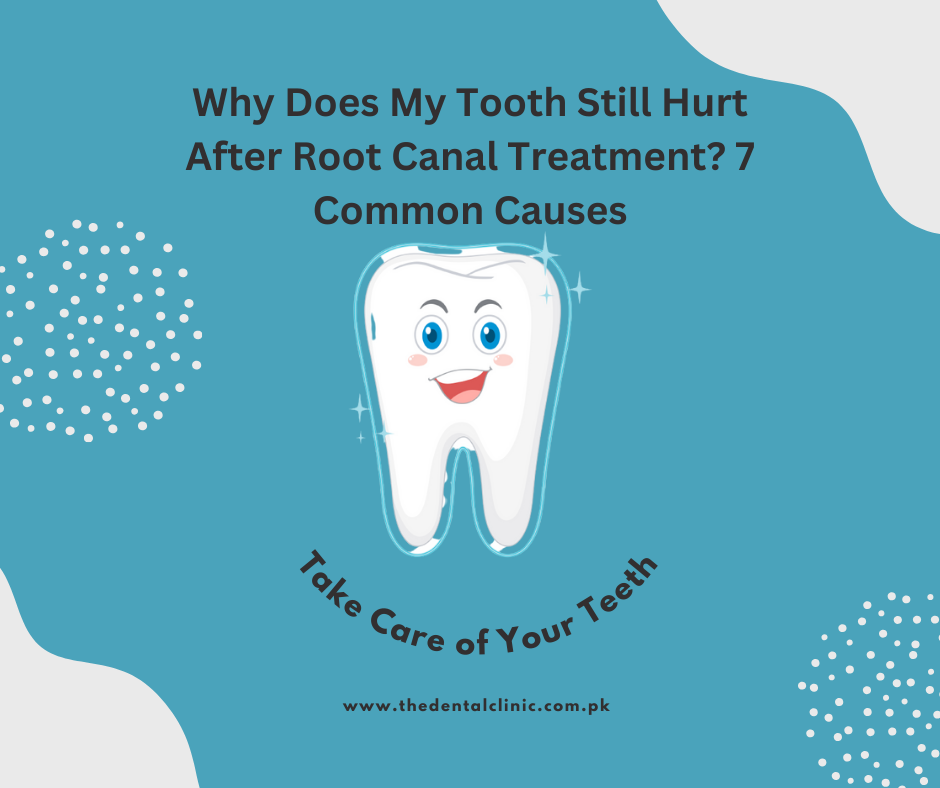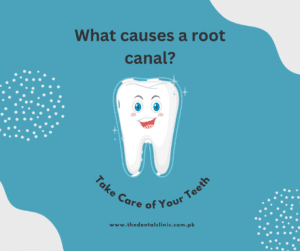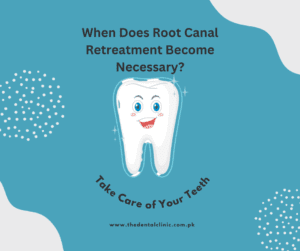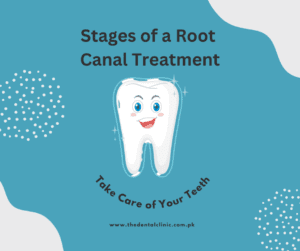
Why Does My Tooth Still Hurt After Root Canal Treatment? 7 Common Causes
It is quite common for some patients to experience continued tooth pain after undergoing a root canal treatment, which can be frustrating and concerning. After all, the purpose of a root canal is to alleviate pain, not cause it. According to research, roughly 3-6% of patients experience pain after an RCT. There can be several reasons why your tooth may still hurt after a root canal.
1. Mild Post-Treatment Discomfort
It’s essential to understand that some level of discomfort or mild pain after a root canal is quite normal. This discomfort usually arises from the inflammation and manipulation of the tissues during the procedure. Your dentist will often prescribe pain relievers to manage this initial discomfort, and it should subside within a few days to a week.
2. Incomplete Healing
One common reason for persistent pain after a root canal is incomplete healing. Even though the infected pulp is removed during the procedure, it may take some time for the surrounding tissues, such as the ligaments and bone, to fully heal. During this healing process, some residual discomfort or sensitivity can be expected.
3. Persistent Inflammation
Sometimes, the tissues around the treated tooth can remain inflamed even after the infection has been removed. This can cause ongoing discomfort. Anti-inflammatory medications and close monitoring by your dentist can help manage this issue.
4. Reinfection
While root canals have a high success rate, there is always a small risk of reinfection. If the root canal filling materials or the crown – if placed – become damaged or if bacteria re-enter the tooth’s interior, it can lead to a reinfection. This can cause pain similar to the initial infection and requires retreatment.
Root Canal Retreatment
When persistent pain or signs of infection occur after a root canal, your dentist – or endodontist in this case – may recommend root canal retreatment. This procedure involves reopening the tooth, removing the previous filling materials, and thoroughly cleaning and disinfecting the canals. New filling material is then placed to seal the tooth.
Also read: When Does Root Canal Retreatment Become Necessary?
5. Complex Tooth Anatomy
In some cases, a tooth may have complex or unusually shaped root canals that are challenging to clean and fill completely during the initial procedure. This can leave behind areas where bacteria can hide and cause infection, leading to ongoing pain.
6. Cracked or Fractured Tooth
A tooth that has been weakened by extensive decay or trauma may develop cracks or fractures. These cracks can allow bacteria to penetrate the tooth, causing pain. In such cases, additional dental work, such as a crown or, in severe cases, tooth extraction, may be necessary.
7. Instrument Damage
Although this is quite rare, it is possible that dental instruments that are used to clean out the root canal may inadvertently damage the sensitive surrounding tissues which can result in continued pain or soreness in the treated area. This is why it’s extremely important to choose the best dentist for your dental care needs.
Conclusion
Experiencing persistent pain after a root canal can be distressing, but it’s essential to remember that in many cases, this discomfort is temporary and part of the healing process. However, if the pain persists or if you notice signs of reinfection, it’s crucial to consult with your dentist promptly. If you’re still having consistent pain after an RCT service then feel free to reach out to The Dental Clinic to get the best dental care in Karachi and throughout Pakistan!







